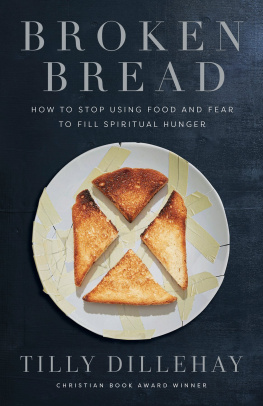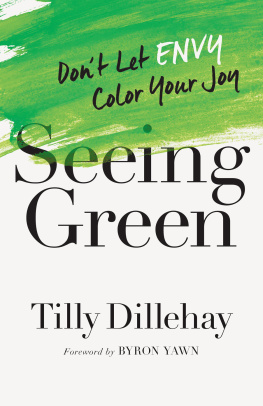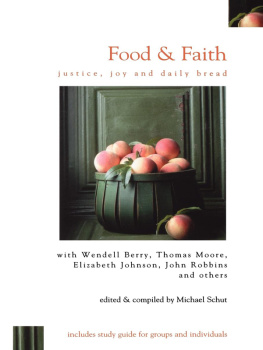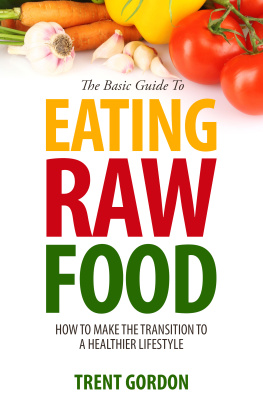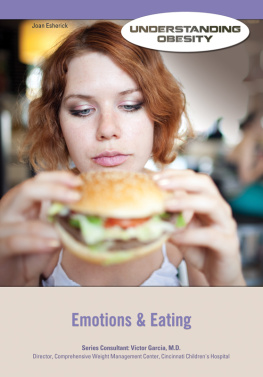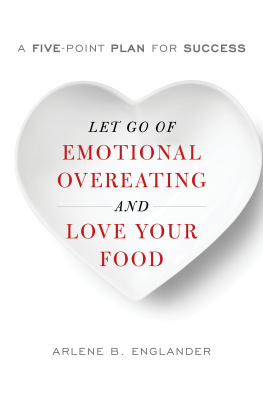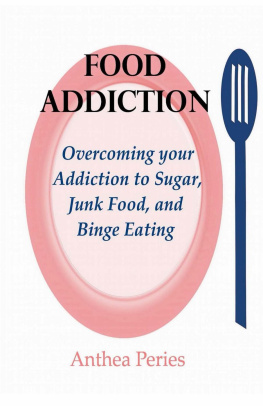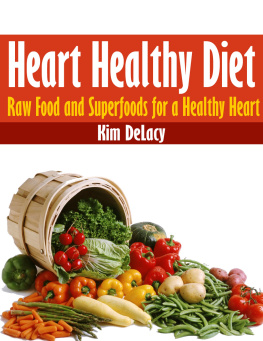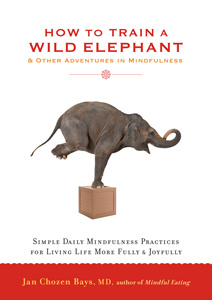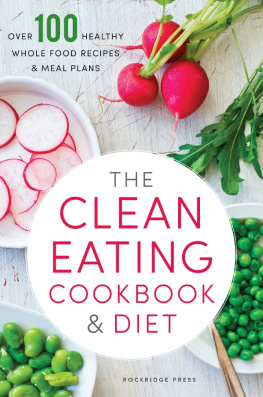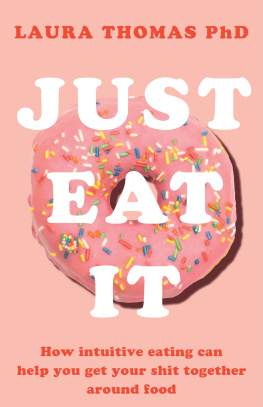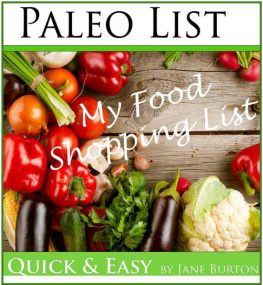Table of Contents
Guide
Its easy to spot our cultural obsession with food. We have TV shows featuring cooking competitions, documentaries explaining the hidden dangers in our food, and bookstores packed with every type of cookbook situated alongside the latest and greatest lifestyle diet books. In her new book, Broken Bread: How to Stop Using Food and Fear to Fill Spiritual Hunger , Tilly Dillehay considers how our various sin struggles with foodfrom gluttony to snobberycan overflow in guilt, judgement, anxiety, or pride as we contemplate a simple question: Whats for dinner? She writes with conviction and compassion as she directs our eyes to a better and more-needed spiritual feastone truly able to satisfy and sustain our daily lives.
Melissa Kruger, TGC Director of Womens Initiatives and author of Growing Together
This is a book Christian women needat least the ones who eat food. Tilly helps us see that food idolatry comes in more than one form. She carefully helps us diagnose our sin problem regarding food, and she then points us to foods rightful place and purpose in our lives. Read this book if you want to have peace with God and peace with what you eat.
Abigail Dodds, author of (A)Typical Woman and contributor at Desiring God
Broken Bread is an intelligent and biblical discussion of food issues. Its a massive table covered with dishes of wisdom right out of the oven, which are enhanced with the brown gravy of good sense and set out before an emaciated people who have been suffering through a famine.
Douglas Wilson, pastor of Christ Church, Moscow, Idaho


HARVEST HOUSE PUBLISHERS
EUGENE, OREGON
Unless otherwise indicated, all Scripture quotations are taken from The ESV Bible (The Holy Bible, English Standard Version), copyright 2001 by Crossway, a publishing ministry of Good News Publishers. Used by permission. All rights reserved.
Verses marked KJV are taken from the King James Version of the Bible.
Cover design by Studio Gearbox
Cover photo jamesteohart, Nor Gal / Shutterstock; Yaroslav Danylchenko / Stocksy
Interior design by Angie Renich / Wildwood Digital Publishing
Broken Bread
Copyright 2020 by Tilly Dillehay
Published by Harvest House Publishers
Eugene, Oregon 97408
www.harvesthousepublishers.com
ISBN 978-0-7369-8013-5 (pbk)
ISBN 978-0-7369-8014-2 (eBook)
Library of Congress Cataloging-in-Publication Data is on file at the Library of Congress, Washington, DC.
All rights reserved . No part of this electronic publication may be reproduced, stored in a retrieval system, distributed, or transmitted in any form or by any meanselectronic, mechanical, digital, photocopy, recording, or any otherwithout the prior written permission of the publisher. The authorized purchaser has been granted a nontransferable, nonexclusive, and noncommercial right to access and view this electronic publication, and purchaser agrees to do so only in accordance with the terms of use under which it was purchased or transmitted. Participation in or encouragement of piracy of copyrighted materials in violation of authors and publishers rights is strictly prohibited.
CONTENTS
For Justin first of all,
and Norah, Agnes, and Henry next of all.
Its a privilege to cook for you and eat with you.
The woman in front of me turned back to hand me a Styrofoam plate shed just pried loose from the stack. It was a small gesture of hospitality, one that would become familiar to me over the years to come. I took it and awkwardly moved down the row, feeling that all eyes were on me as I plopped a wedge of meatloaf, a piece of homemade bread, and a small pile of salad on my plate.
All eyes were most emphatically not on me, but as the Proverb goes, the wicked flee when no one pursues. I had lived in the shadows for so long, I couldnt even navigate a church potluck without flinching. As I slid into a white plastic chair in front of a white plastic table next to the one girl I knew, I felt myself stiffening, preparing for the difficulty of friendly conversation.
They all knew what I was, I felt certain of that. They knew I was a refugee from the city, a problem case for the pastor/biblical counselor. They knew that I was recalcitrant, raised in a Christian family, a self-described agnostic. But they didnt necessarily know how hungry I washungry in my very bonesto see what an ordinary Christian community might look like in a small town where the coolness factor was low. After a few years of being spiritually on the run, moving among unbelievers who served themselves openly while looking for salvation among the leaves of marijuana and between the sheets of friends, I was ready to be reminded of how ordinary Christians lived.
The people at the church potluck didnt know whose bed I had just tumbled out of a few days earlier; they didnt know that I was caught in a cycle of overeating and throwing up food. They didnt know that the shame of food and the shame of sexuality felt somehow intertwined for meboth were things to enjoy in secret, with consequences that humbled you in public. They only knew that I had a lost look on my face, that it was lunchtime and I needed a plate, that I was from out of town and needed a friendly conversation.
They also didnt know about the condescension I carried into the potluck. I assumed that these people, with their meat-and-three sensibilities, would be impressed by the refinement I brought from Nashville. It was satisfying to my limping ego to feel that, at least here, I wasnt a small fish in a big pond. I wrote about it in my journal that night, funny stories about the 72-year-old man in the blue polyester suit, comments about the quaint hymns being sung, observations about the young people in the church who seemed so unaware of the wild doings of the world outside.
But I was converted that week, sitting under that biblical counseling and hearing the gospel with ears that God had prepared for 22 years. Twenty-two years. For 22 years of sitting under good expositional preaching with parents who loved me and taught me. The ground had been prepared and seeds dropped in constantly, and yet it was in this tiny town with a church potluck every single Sunday, living as a guest in the home of ordinary believers, that God chose to whisper life into the seed and call it up from the ground.
Food continued to linger in the background of the rocky early years after my conversion. The bulimia kept stealing my time and attention. Food and cooking seemed emblematic of my ineptitude in every area of life. My condescension melted as I realized that in the small country church were cultured peoplewell-read, well-traveled, capable of bringing much more than a meat-and-three to the church potluck. Among them, I felt like a clumsy child trying to pretend I was a Christian adult. Hospitality was the great blessing that allowed me to move to the small town permanentlyliving first with one family, then with another while I got my sea legs. I grew, got a job I loved, married, started having children, and as life stages gave way to other life stages, I learned to cook. I began practicing hospitality.
My husband became a pastor in the same church, and food still lingered in my life, only this time it was behind the ministry work we were doing. It began to represent something besides shame and social clout to me. I began to experience food as something else: a good gift from God and a tool in my hand. It became a means of grace.
Next page
